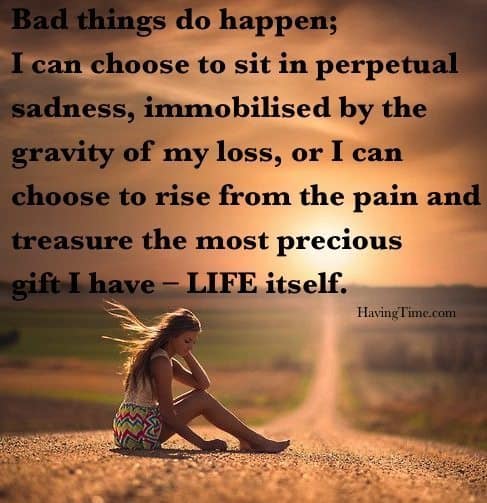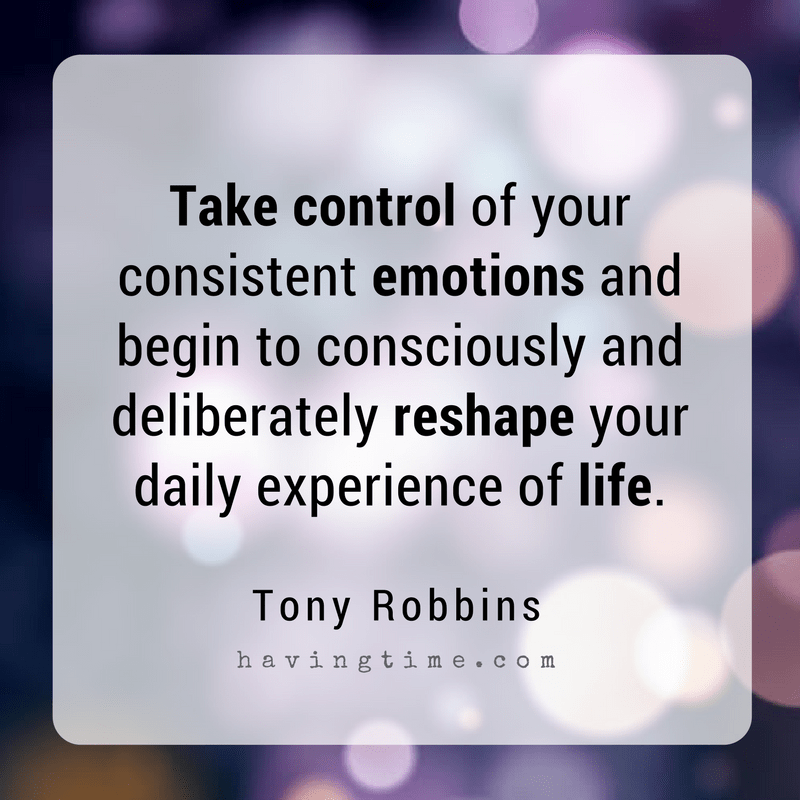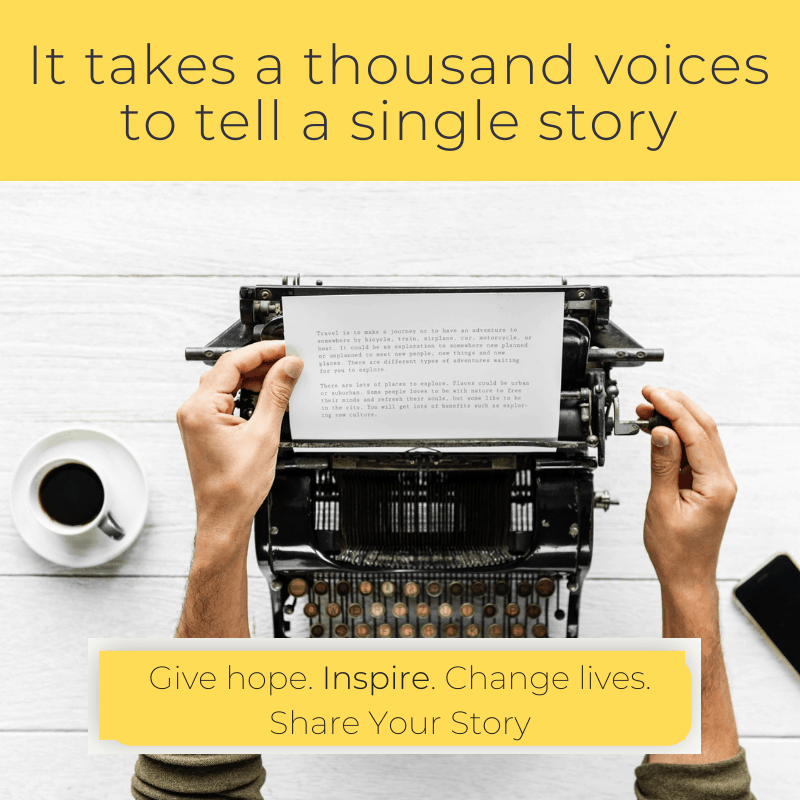
As a sufferer of both myself, I know first-hand that Anxiety and Depression are difficult and invisible conditions to live with; they disrupt our lives, cause weight loss or gain, physical illness, insomnia and even suicide. So how on earth can anxiety and depression be good for some of us?
Here are some reasons why Anxiety and Depression may be beneficial:
1. They can be major change catalysts
While they can sap your energy, negative feelings can be a major change catalyst. My anxiety reached such drastic levels that I had a breakdown and so I decided to go and see a trauma therapist, and since doing so, I’ve learned a lot about myself, including uncovering a toxic sex addiction. If I did not have such adverse life experiences, I wouldn’t be where I am today.
For a long time, I had been meaning to get into therapy but I never found the time, until a mental health crisis forced me to make the time. Now my whole life has changed; I am owning my weaknesses and working on them, and my priorities are different. In Buddhism, it is said that unsatisfactoriness is the crack in our experience that leads one to the spiritual path. Realizing that extrinsic goods and values are not enough to make us feel whole, many of us begin spiritually exploring, which is where growth happens.
2. Bad feelings mean you’re sober
Many addicts use a substance or a process to avoid feeling emotions such as anger, shame or sadness. When we self-medicate, we don’t feel bad feelings as much, but it also means we don’t feel the good ones as intensely either. The fact you’re able to feel uncomfortable feelings means you’re sober enough to do so. If we stay high all the time in whatever addiction be it drugs, alcohol, sex, food or work, then we will inevitably cause long-term damage to ourselves. But if we can survive the bad feelings, when the good ones come along we will feel more joy. Furthermore, not using an addiction will ensure a more joyous and problem-free life overall, even if there is short-term pain.
3. They can make you more human and compassionate
Some of the most compassionate people I know have had to survive some mental health episodes, addiction crises and loss of loved ones. When I call them up, they tend to be very loving, supportive and empathetic, having been there themselves. They don’t tell me to just “suck it up”; they listen with great care. Understanding that you’re going through a tough time helps you to realize that others may also be doing so. Of course, I am not always patient, especially if I haven’t had a good night’s sleep! But my suffering reminds me that pain is part of the human condition, and to remember that all of us, no matter how rich or accomplished we are, can and will experience it.

My godmother suffered a nervous breakdown as a teenager because of the bombing of the Second World War and the child abuse she endured. She also lost two sons. However, these experiences are what led her to become a social worker and want to help other people. Ever since, she has gone above and beyond to support others in any way she can, including helping my family through some tough situations.
4. They can make you more resilient
When you’re going through a mental health crisis, it can be beyond unpleasant; in fact, it can feel like a living death. But if you can survive it, you will learn the meaning of resilience. It takes a lot of work to get through it, especially when every day feels like a struggle. The gift is that we can learn healthy ways to look after ourselves emotionally. Since my crisis, I’ve learned a few techniques such as talking to and reassuring my inner child, mindfully observing my emotions and thoughts, and perhaps most importantly, learning to be open up, be vulnerable and talk about my feelings. I’ve also learned…
5. They can make you healthier
Another gift of my crisis is that it has forced me to pay more attention to things such as sleep, relaxation, diet, time with friends and fun, all of which took a back seat when before my meltdown. I will continue to pay careful attention to these things. Furthermore, I feel exhausted and fatigued a lot, but then again I’m not surprised; I abused my body horribly during my active work addiction, with ultra late nights on top of forcing myself to hit the gym and lift weights. At the very least, depression can force you to give yourself the reward and joy of rest and relaxation.
Will you be a victor or a victim?

Our spiritual attitude to life can make the difference between thriving or surviving when living with Anxiety and Depression. Since working various 12 step recovery programmes, I am also learning that the key to beating addiction is changing our spiritual viewpoint of life.
We cannot control all the factors in our life, but we do have some control over how we choose to interpret events. I would prefer to see my mental health conditions as teachers that I can learn from, rather than viewing myself as a victim of fate all the time. Sure, it does suck, and I wish I (or anyone else) didn’t have either condition. As the Serenity Prayer goes:
“Grant me the serenity to accept the things I cannot change, the courage to change the things I can, and the wisdom to know the difference.”
If this post has helped you gain a new perspective on mental health, perhaps you might be interested in what I learned from a mental breakdown. I am also writing a book called “The Great Deception” which is about challenging myths about happiness in the 21st Century.
photo source | pexels





